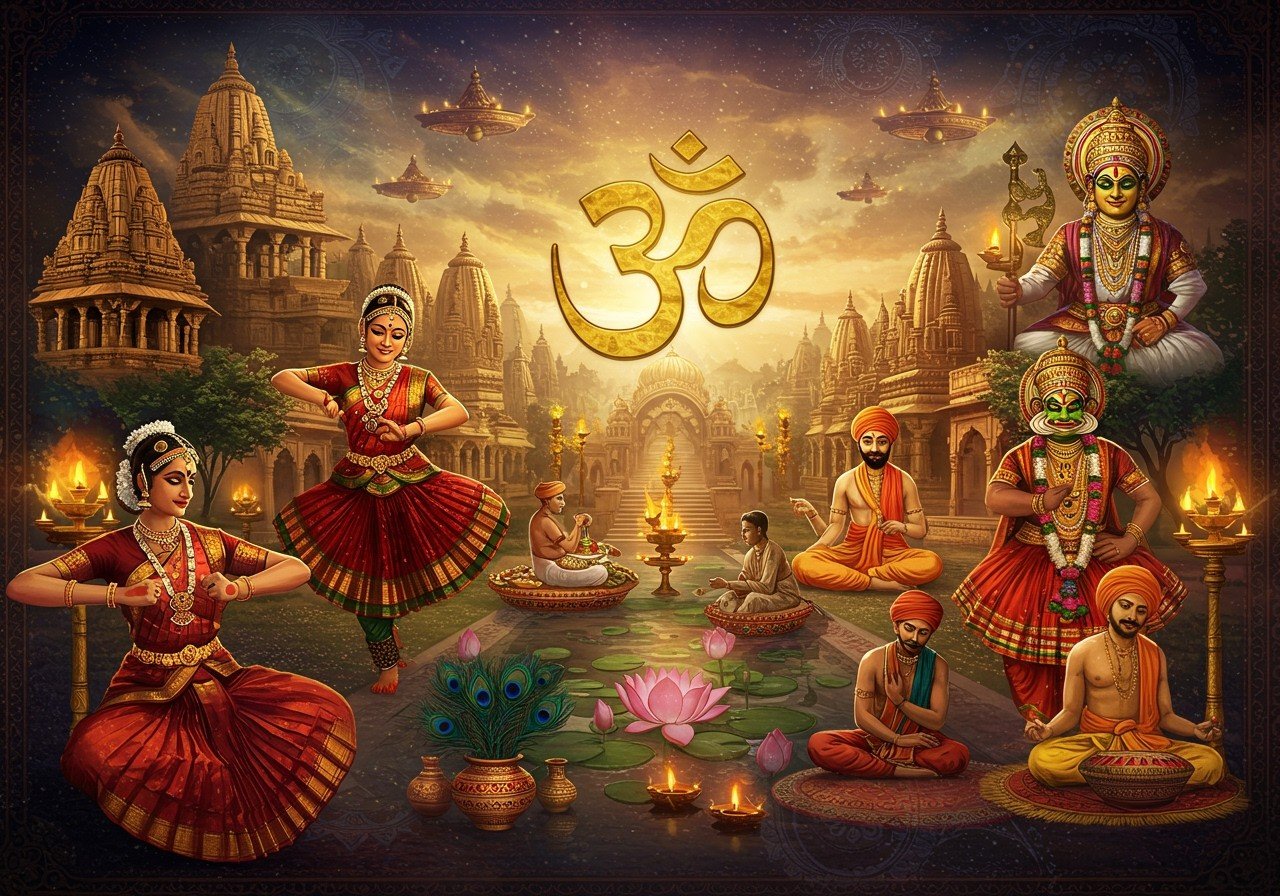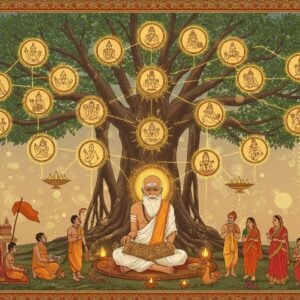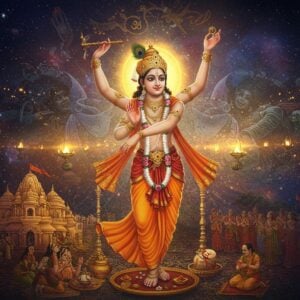
India’s cultural heritage is a vibrant tapestry woven with diverse threads of religion, traditions, customs, values, and beliefs passed down through generations. This exploration delves into the key aspects of this rich heritage, offering insights for those who cherish tradition and appreciate the convenience of online resources for authentic cultural goods and services.
Religious Diversity and Practices
India is a land of many faiths coexisting harmoniously. Hinduism, the most prevalent religion (approximately 79.8% of the population), reveres the cow as a sacred animal. Other major religions include Islam (14.2%), Christianity (2.3%), Sikhism (1.7%), Buddhism (0.7%), and Jainism (0.4%). Each faith contributes to the colorful mosaic of festivals celebrated throughout the year, such as Diwali, Holi, and Makar Sankranti for Hindus; Eid for Muslims; Baisakhi for Sikhs; Mahavir Jayanti for Jains; Buddha’s birthday for Buddhists; and Christmas and Good Friday for Christians. These celebrations often involve special rituals, foods, music, and dance, adding to the richness of Indian culture.
Family Values and Traditions
Strong family ties are paramount in Indian culture. Respect for elders is deeply ingrained, with their wisdom and guidance valued, and blessings sought for important decisions. Joint family systems, where multiple generations live together, remain prevalent, fostering close-knit relationships. Unity, loyalty, and integrity are emphasized within families, teaching the importance of collectivism over individualism. Arranged marriages, while less common than before, still hold significance, uniting not just two individuals but also two families. Filial piety is expected, with children showing obedience and respect to their parents and contributing to the family’s well-being. Hospitality is highly valued, embodied in the saying “Atithi Devo Bhava” (“the guest is equivalent to God”), emphasizing generosity and respect towards guests.
Customs and Etiquette in Social Interactions
Social interactions in India are guided by specific customs and etiquette. “Namaste,” with palms pressed together and a slight bow, is the customary greeting. Dining etiquette often involves eating with the right hand, as the left is considered unclean. While sharing food is encouraged, sharing cutlery or taking food from another’s plate is generally avoided. Public displays of affection are typically subdued. Modest dress is encouraged, especially in religious places, with women often covering their legs and shoulders. Temple etiquette includes washing hands and feet before entering and avoiding leather attire. Gifts are given and received with both hands as a sign of respect, and opening gifts in front of the giver is not customary.
Cultural Heritage: Art, Architecture, and Performing Arts
India’s cultural heritage boasts magnificent art, architecture, literature, music, and dance. Architectural marvels like the Taj Mahal, Red Fort, and Khajuraho temples, recognized as UNESCO World Heritage Sites, exemplify India’s rich history and artistic brilliance. Classical dance forms such as Bharatanatyam, Kathak, and Odissi, each with unique regional variations and historical significance, showcase intricate movements and storytelling through dance. Music, ranging from classical ragas to folk melodies, plays a vital role in ceremonies, celebrations, and everyday life. Traditional crafts like Madhubani painting and Banarasi silk weaving, known for their intricate designs and craftsmanship, are cherished for their beauty and cultural significance.
Traditions and Customs in Daily Life
Daily life in India is steeped in traditions and customs that reflect deep-rooted values. Traditional clothing, like colorful silk saris for women and dhotis or kurtas for men, varies by region, adding to the country’s vibrant diversity. Rituals and ceremonies mark important life events, connecting individuals to their heritage and reinforcing community bonds. Indian cuisine is a culinary adventure, offering a vast array of flavors and regional specialties, with spices playing a significant role. Ancient practices like Ayurveda and yoga contribute to physical and mental well-being, promoting holistic health and wellness.
Poojn.in, recognizing the importance of these traditions, offers a wide selection of products to support your cultural journey. For those looking for traditional attire, turmeric cream and other cosmetic products are available for puja purposes. Poojn.in also provides a wide range of diyas and lamps, essential for traditional ceremonies and daily rituals.
Poojn.in also offers a comprehensive collection of items for various Hindu ceremonies. Creating a modern home mandir is made easy with the readily available resources on the platform. From alta to puja samagri kits, Poojn.in ensures you have everything needed for a meaningful observance. Find authentic wool asans for your meditation and puja practices on poojn.in.
For more insights into sustainable puja practices, explore the blog post on eco-friendly rituals. Discover the significance of Sun Temples and Sun worship in Hinduism through the articles Sun Temple Modhera: Your Complete Guide and Sun Worship in Hinduism. These resources offer a deeper understanding of the cultural and religious significance of these practices.
Embracing India’s Cultural Legacy in the Modern World
India’s cultural legacy continues to thrive in the modern world, adapting and evolving while retaining its core values. The interplay between tradition and progress ensures that this rich heritage remains vibrant and relevant. Online platforms like poojn.in play a crucial role in making cultural goods and information accessible, fostering a deeper appreciation for India’s diverse traditions and customs. As we embrace both the old and the new, we contribute to the preservation and celebration of India’s timeless cultural tapestry for generations to come.


